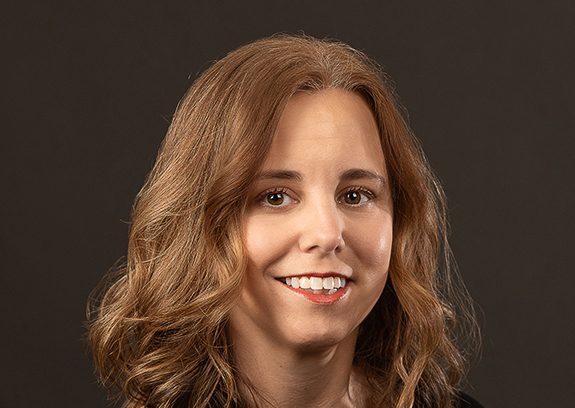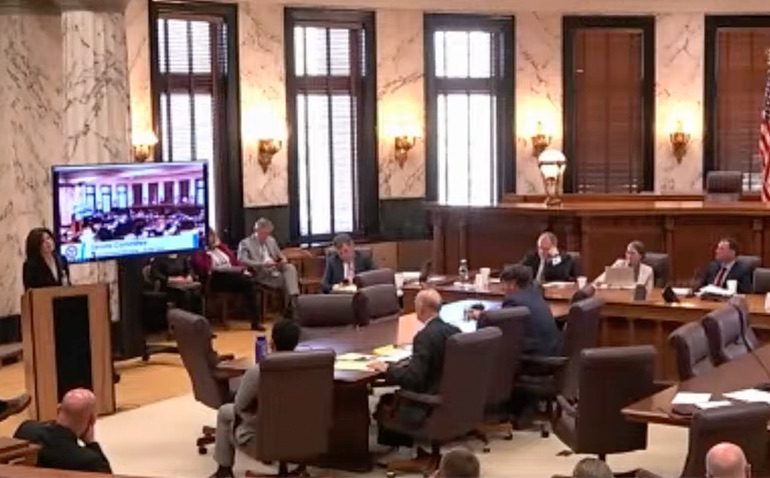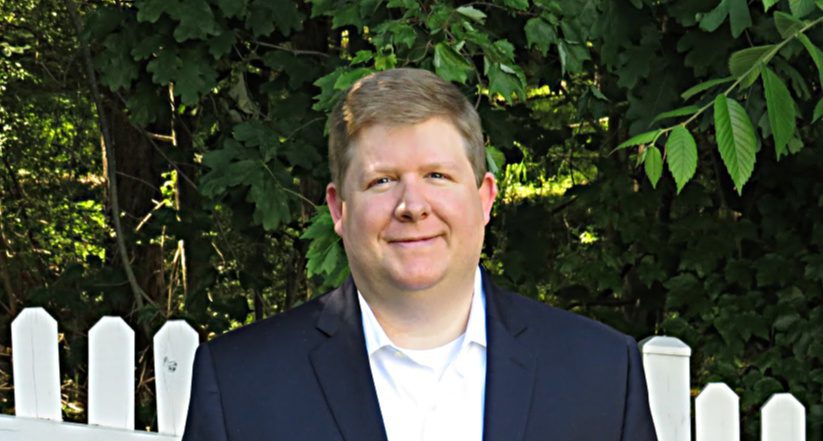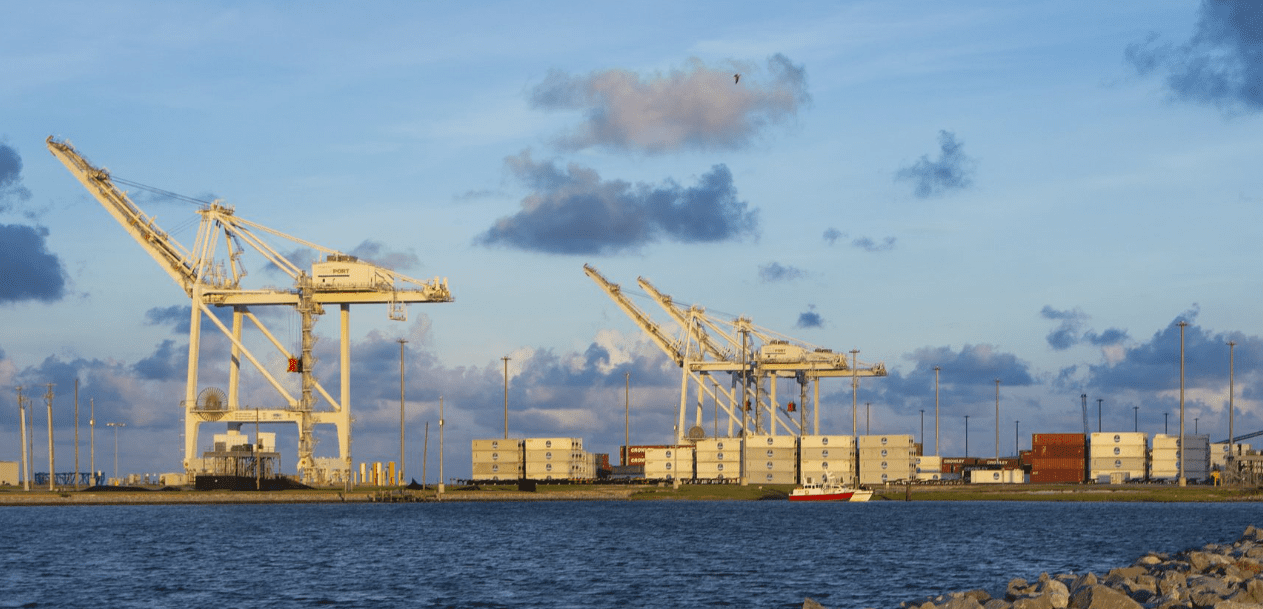
- Brooklyn Roberts says the numbers show expansion has proven to be more of a billion-dollar boondoggle than a long-term solution.
America’s rural hospitals are struggling. Patient volumes have dropped, the number of uninsured patients has risen, and the ability to recruit and retain talented healthcare providers is proving even more difficult than before. Some are turning to Medicaid expansion as the magic bullet to solve their funding problems. But after digging through the numbers, expansion has proven to be more of a billion-dollar boondoggle than a long-term solution.
States expanding their Medicaid programs under the Affordable Care Act find one in four of their hospitals at risk of closing. In total, almost 50 rural hospitals in those same states have closed since expansion was embraced. Additionally, a 2020 Guidehouse study found that three out of the five states with the highest percentage of community-essential hospitals are Medicaid-expanding states. They also found that 76% of rural area patients reached well outside of their usual coverage area when looking for quality care.
When examining the numbers, rural hospitals in Medicaid-expanding states may actually be in worse shape, as adults with private insurance (usually worse coverage) are trading that coverage for the Medicaid option. As Medicaid’s reimbursement rates are roughly 40% lower than private insurers, that translates into even higher losses for rural hospitals. This further exacerbates the woes of rural hospitals rather than solving them. Upon further examination, hospitals in expansion states are facing significant Medicaid shortfalls and financial losses, indicating that Medicaid expansion has not been the panacea supporters claimed it to be.
A decline in usage is driving a large portion of rural hospital closures. Conversely, a lack of Medicaid expansion is cited as the reason for closure only 5 percent of the time. Alleged fraud, mismanagement, low reimbursement rates, natural disasters, and staffing concerns are far more likely to force a hospital to close than a state refusing to expand. A recent report by the Foundation for Government Accountability found that of the few hospitals actually citing lack of Medicaid expansion as the reason for closure usually experienced some kind of fraud or mismanagement.
Suffice to say, Mississippi won’t be saving hospitals by expanding its Medicaid program. Instead, it will be drastically increasing state spending as well as its dependence on the federal government. Taxpayers will be the ones funding any expansion whether the money comes from the federal or the state government, but it’s the state budgets that will feel the pinch.
Mississippi spends roughly twenty percent of its state budget on Medicaid to cover around 728,000 enrollees. Estimates predict expansion will add 230,000 over three years at a cost of roughly $950 million over the first five years. On average, expansion states add twice as many able-bodied adults as initially projected. Scarier still, costs tend to exceed projections by 76 percent. If this trend holds true in Mississippi, we are looking at a hefty portion of state spending heading directly to Medicaid, leaving Mississippi even more reliant on federal funds.
Though the federal government currently covers 90% of the cost, some argue that states choosing not to expand are leaving money on the table. However, with the country more than $34 trillion in debt – not to mention the recent credit rating downgrade – the federal government will soon be forced to make cuts. Congress wouldn’t dream of touching the third rail of politics Medicare or Social Security, so what does that leave? That leaves money sent to the states – which will be catastrophic for most.
Whether the ultimate goal is saving rural hospitals or raising the level of care, the Old Magnolia State finds itself at a crossroads. As one of the only ten states yet to expand their Medicaid programs, they can either continue standing on their own two feet or bow to the promise of free money from Washington, DC. Unfortunately, free money is never free. There is always a price to pay. For once you step into that expansion quicksand, it’s almost impossible to get out.








